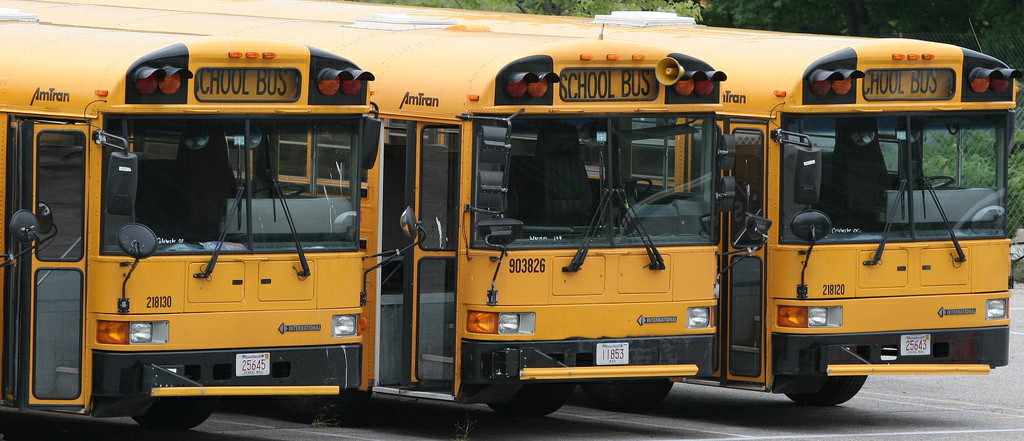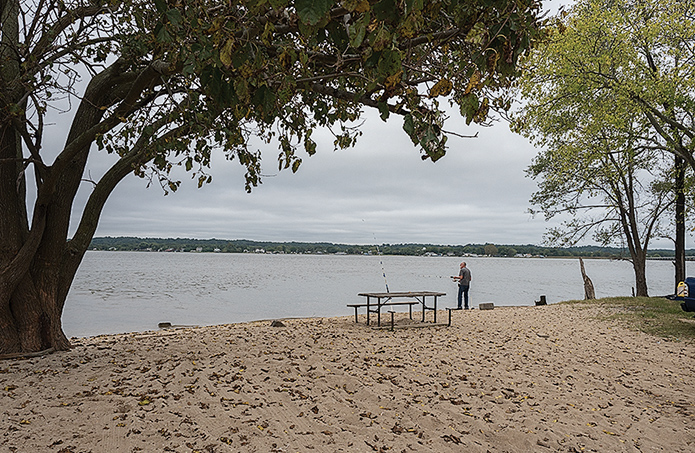@BryanRenbaum
Maryland is considered one of the best states in the nation for teachers, according to a recent study.
The WalletHub study was published on Monday. It said that Maryland is 7th best state in the nation for teachers. New York was ranked as the best state for teachers and New Hampshire was ranked as the worst state for teachers.
Moreover, Maryland ranked 1st in digital learning plans and 6th in terms of school system quality.
WalletHub based its findings on two criteria: “opportunity & competition” and “academic & work environment.” The criteria were assessed across 24 metrics. Each metric was graded on a scale of 0-100. WalletHub used data compiled by U.S. government agencies such as the Census Bureau, Bureau of Labor Statistics, Department of Education, and National Center for Education Statistics.
So, is Maryland really a better place for teachers than most states? Or is the study flawed?
“The state-level reviews do not always tease out some acute challenges in some of the different parts of our state that have more funding challenges, more students with special learning needs to support, different language needs to support, and individualized education plans to support. There are not the same amount of students with those designations throughout our state,” Del. Stephanie Smith, D-Baltimore City, told MarylandReporter.com.
Smith, who sits on the House Ways and Means’ Education subcommittee, said Maryland’s stellar digital learning ranking in the study overlooks the digital divide that exists in many parts of the state.
“When have you certain parts of the state, particularly the Eastern Shore, parts of Baltimore City, and parts of Prince George’s County-where WiFi access is not very high-the best digital guidance cannot make up for that access issue-as it pertains to be online in a productive manner.”
Sen. Cory McCray, D-Baltimore City, credited the enactment into the law of the Kirwan Commission reforms for Maryland’s high ranking in the study, saying it has gone a long way toward boosting teacher salaries and making educators feel more appreciated.
“I think that that definitely compliments and is encouraging news. And I think that is one of things that makes us stand out.”
McCray said he believes the legislation is uniquely tailored to address teacher retention issues in underserved areas of the state.
“I was inspired and encouraged in reference to what we were doing around teacher retention as a state. And that is making sure that we look at our teachers the same way we look at our doctors, our engineers, our nurses, and our firefighters. And pay them what they deserve.”
Richard Vatz, a professor of political persuasion at Towson University, said the study is not accurate.
“What makes this study invalid is that the concept they claim to measure, “Best States for Teachers,” is amphibolous: that is, does “Best States for Teachers” mean the states that provide more benefits for teachers or states that produce the best teachers?”
Vatz added: “Providing the most rewarding returns for teachers may not correlate well or at all with the educational opportunities and outcomes that the teachers provide their students. Moreover, even if one assumes that WalletHub is generally accurate in assessing the rewards and benefits that different states allow their teachers, there are so many criteria from salaries to pensions to tenure to preparation, which then are commingled with available technologies and pupil-teacher rations to commuter time to vague and arbitrary measures of “administrator support,” all of which yield a single numerical outcome, that the entire exercise seems more wasteful and mystifying than productive.”







Recent Comments